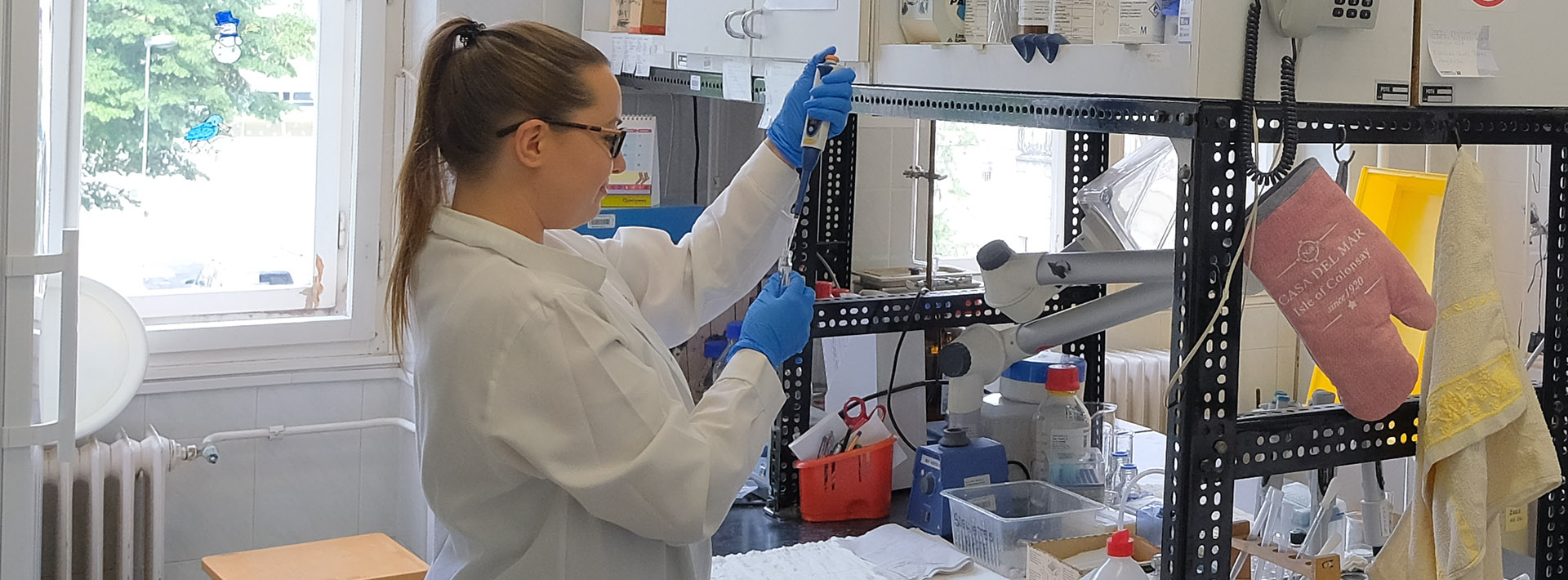Daten
Offizielle Daten in der Fachveröffentlichung für das folgende akademische Jahr: 2024-2025
Lehrbeauftragte/r
-
Pótó László
associate professor,
Institute of Bioanalysis -
Semesterwochenstunden
Vorlesungen: 6
Praktika: 6
Seminare: 0
Insgesamt: 12
Fachangaben
- Kode des Kurses: OAF-FM2-T
- 1 kredit
- General Medicine
- Optional modul
- both
OAF-FMA-T parallel
Zahl der Kursteilnehmer für den Kurs:
min. 5 – max. 12
Thematik
The goal of this course is to help students to prepare for thesis writing or making their own student research project. It covers two fields of that job: the practice of data collection and prepare data for the analysis as well as the performing the analysis based on the preliminary analysis plan. Shortly to say: How to perform the data collection and analysis of your own study project. (This course can be the continuation of the `Data analysis 1’ course however someone can complete these two courses on a reversed order as well. The main reason of this flexibility is, that many students are asking for help when they have already had their data at hands (at least partially), and this course is processing the steps from this point of the job. Even though, it is beneficial for the students doing this course first to complete the Data analysis 1 course later. They can do it next year for example - so to understand the preliminary steps of a research work: How to make a research plan?)
This course is also based on the medical papers. Students may pick the appropriate data collection methods and recognize the critical points of this process based on the most fundamental papers of their own research field. They can learn from the most rewarded experts on this way. From a paper you may extract the principles as well as you can follow immediately the realization. It is an excellent way to learn the methodology. You may even learn from the errors.
The same way is followed for the data analysis and making conclusions. Every student will do his/her own data analysis based on their own plan.
Students will have all help to the practical evaluation of their own data and making the right conclusion. The steps and results will be discussed and improved by a class discussion.
Vorlesungen
- 1. Introduction. Find a paper to process. Prepare or present your own data collection plan. - Pótó László
- 2. The realization of the data collection - examples are based on papers - Pótó László
- 3. The preliminary data preparations for the following statistical analysis. - Pótó László
- 4. Do your own statistical analysis 1-2: - select the right methods, - interpret the results. - Pótó László
- 5. Make your conclusion and share the results with the others. - Pótó László
- 6. Summary. Consolidation and evaluation of the results. - Pótó László
Praktika
- 1. Find a paper to process. Work on your own data collection plan. - Pótó László
- 2. Present the realization of the data collection - based on selected papers - Pótó László
- 3. Share your experiences on your preliminary data preparations - make corrections if needed. - Pótó László
- 4. Present your own statistical analysis - methods and results - Pótó László
- 5. Make your conclusion and share the results with the others. - Pótó László
- 6. Overview and summarize the results of the class. - Pótó László
Seminare
Materialien zum Aneignen des Lehrstoffes
Obligatorische Literatur
1-3 medical papers brought by each student (from library, from your department or from the tutor of your thesis).
Vom Institut veröffentlichter Lehrstoff
Supporting materials (papers, posters, research reports, ...) supplied by the tutor of the classes.
Skript
Empfohlene Literatur
Any statistical books.
Voraussetzung zum Absolvieren des Semesters
Maximum 1 lesson absence.
Semesteranforderungen
Evaluate your data step by step and present it to the group weekly.
Möglichkeiten zur Nachholung der Fehlzeiten
One extra class
Prüfungsfragen
Evaluate your data and submit your own results based on your active participation.
Prüfer
Praktika, Seminarleiter/innen
- Pótó László
